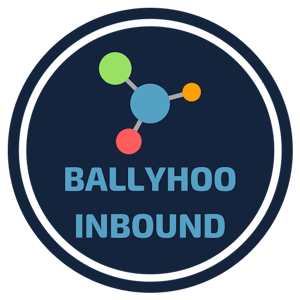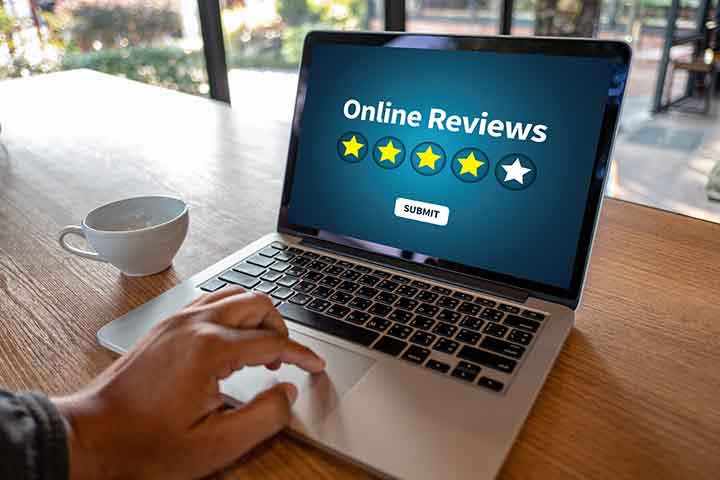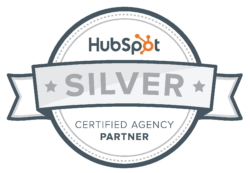
This list is a must read if you are a business owner and you have decided that it is time to look into a better way to manage customer and prospect relationships. Don't let opportunities fall through the cracks.
Contact Management
You won’t find a CRM that doesn’t have a contact management capability. If you do, chances are you aren’t looking at a CRM. All CRM systems allow salespeople to create contact records and store prospect and customer information in a database.
However, the best systems that truly improve efficiency will reduce and streamline contact data entry as much as possible.
Judge this feature with ease of use in mind.
Deal Stages
Most CRM systems can be customized to operate on a specific sales process. Whether your company has three deal stages or 15, you should be able to program these levels into the software and attach associated values. It should also be easy to move a deal along the sales process, from one stage to the next. In HubSpot CRM, advancing a deal is as simple as dragging and dropping. Make sure the system you are using can be customized to your needs with ease.
Daily Dashboard
Sales people need visibility into a number of metrics on a daily basis. Metrics such as their progress to date against quota, how many deals they have in their pipelines at which stages, and what outstanding tasks they need to complete. Similarly, sales managers and leaders need to be able to view these categories for the aggregated sales team. Evaluate this function based on visual appeal and simplicity.
Task Management
A sales person who has to toggle back and forth between several different systems to view and complete their daily tasks is not a happy person (though this is common). CRM systems that include task management capabilities streamline salespeople’s day-to-day workflow and help them keep on top of their follow up.
Content Repository
According to Docurated’s State of Sales Productivity 2015 study, salespeople spend 31% of their time hunting for or creating content. To cut back on wasted time searching for content, look for a CRM system with an embedded content repository. Look for a system that allows salespeople to save their go-to pieces of collateral in one place. And it’s not just collateral. Writing email copy can be another time suck for a busy sales person. Look for a system that also allows the user to file away customized email templates, so the sales rep is not reinventing the wheel with every new outreach.
Automated Data Capture
One of the primary reasons companies decide to adopt a CRM is to keep better track of customer and prospect touches (emails, calls, etc). But, beware: Many CRM applications require salespeople to copy and paste their email outreach into the system or even upload call recordings. These extra steps can be maddening for salespeople who are making 50 or 100 calls every single day, and it leaves room for human error. Look for a software that does this step automatically. HubSpot CRM automatically logs calls made and emails sent, and posts them in a timeline-like view on a contact’s record page.
Reporting
A CRM system is only as good as the insights it provides. Be sure that your CRM provides reporting features that make it easy to export and distribute the trends that the system reveals.
Mobile
Sales reps have seen productivity increased by 15% when they had mobile access to CRM applications. Tying reps to a CRM system that can only be accessed via laptop is bound to annoy them, especially if they’re in a role that requires travel. The majority of CRM systems today allow salespeople to log on to the application from mobile devices such as tablets and smartphones -- make sure the ones you’re considering do as well.
Integration with Marketing Automation
And last but not least, integration between your marketing and sales platform is crucial. After all, the underlying concept of “customer relationship management” is to provide a complete lifecycle view into each prospect and client. A gap between marketing automation and CRM can lead to lost information and lost opportunities.
Should your small business be using a CRM?
Conclusion
To reap the full benefits of a CRM, you have to choose one with the features that are right for your business today and that can grow with you as your business evolves. Think about your company’s growth goals and consider both your short-term and long-term needs when investing in a CRM platform. Keep in mind, a CRM is not only a financial investment, it is also a time investment for your sales and marketing organization. Picking the right system, implementing it, and enforcing best practices around it’s usage will pay dividends as your company continues to grow and scale.
Click here to read more about Customer Relationship Management (CRM) Systems.















